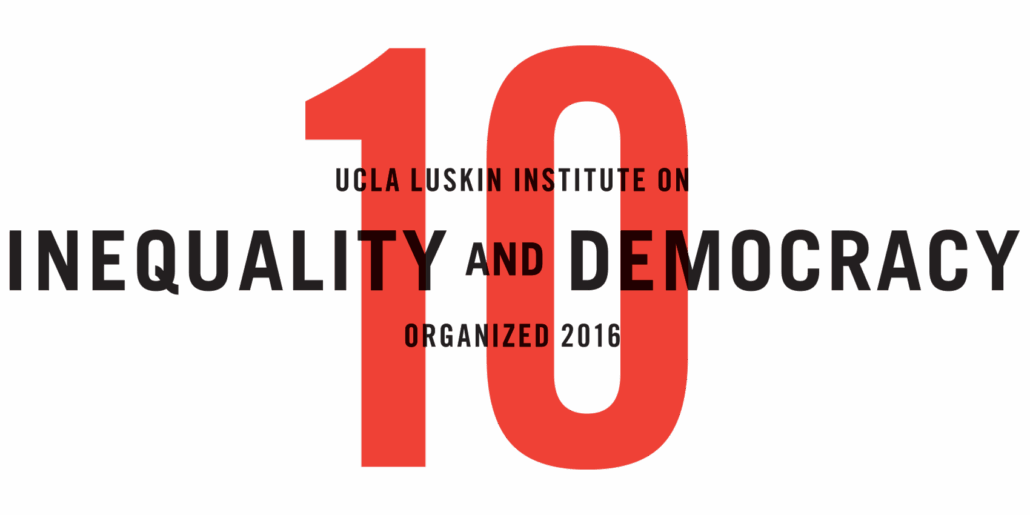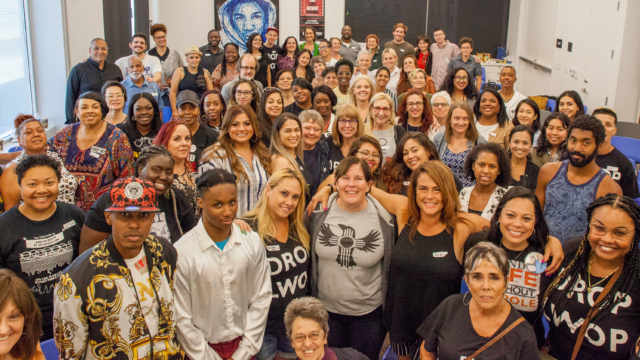Participants at the #DROPLWOP 2020 Strategy Session. Image credit: DROP LWOP Coalition
The Poetics of Abolition Feminism: Grassroots Resistance of the Criminalization of Social Reproduction and Extreme Sentencing in California
Rosie Stockton, Gender Studies, UCLA
Ideas and Organizing Doctoral Awardee 2022-23
The Life Without Parole Sentence (LWOP) is the site of increasing attention in the realm of criminal justice reform and prison abolition resistance. In California, 5,200 people are serving LWOP sentences, making the state one of the largest LWOP populations in the nation. LWOP sentences were rare before 1972, but when the death penalty was ruled unconstitutional, states such as California adopted LWOP as the “humane” alternative. But as the grassroots abolitionist coalition working under the slogan of “DROP LWOP” argues, the sentence is part of a culture of extreme, racist, and inhumane sentencing. Studies have shown that LWOP disproportionately impacts women and people of color, and of the 200 women serving LWOP in California, the overwhelming majority are survivors of abuse and sexual violence.
Using LWOP as the site of focus, this research project pursues an analysis of the criminalization of social reproduction of “surplus populations” in California. The rise of legal logics of extreme sentencing that aim to discipline and criminalize Black women and women of color coincided with the gutting of the Welfare System in California, and resulted in political mechanisms by which women, queer, trans, and nonbinary people come to serve Life Without Parole sentences. This research project attends to the grassroots resistance refusing this fundamental aspect of the carceral state, by looking at abolitionist practices of political and metaphysical refusal of not only of prisons themselves, but of normative structures of reproduction such as the public / private split, gendered reproductive labor, and the gender binary itself.
By centering the writing, accounts, and resistance of people serving extreme sentences and relegated to “political death” in California, Stockton apprehends different forms of social reproduction performed by criminalized and incarcerated women, queer, trans, and nonbinary people that are at once captured as part of the machinery of carcerality but also exist as life-making practices that undermine liberal humanist narratives of rehabilitation and freedom.




